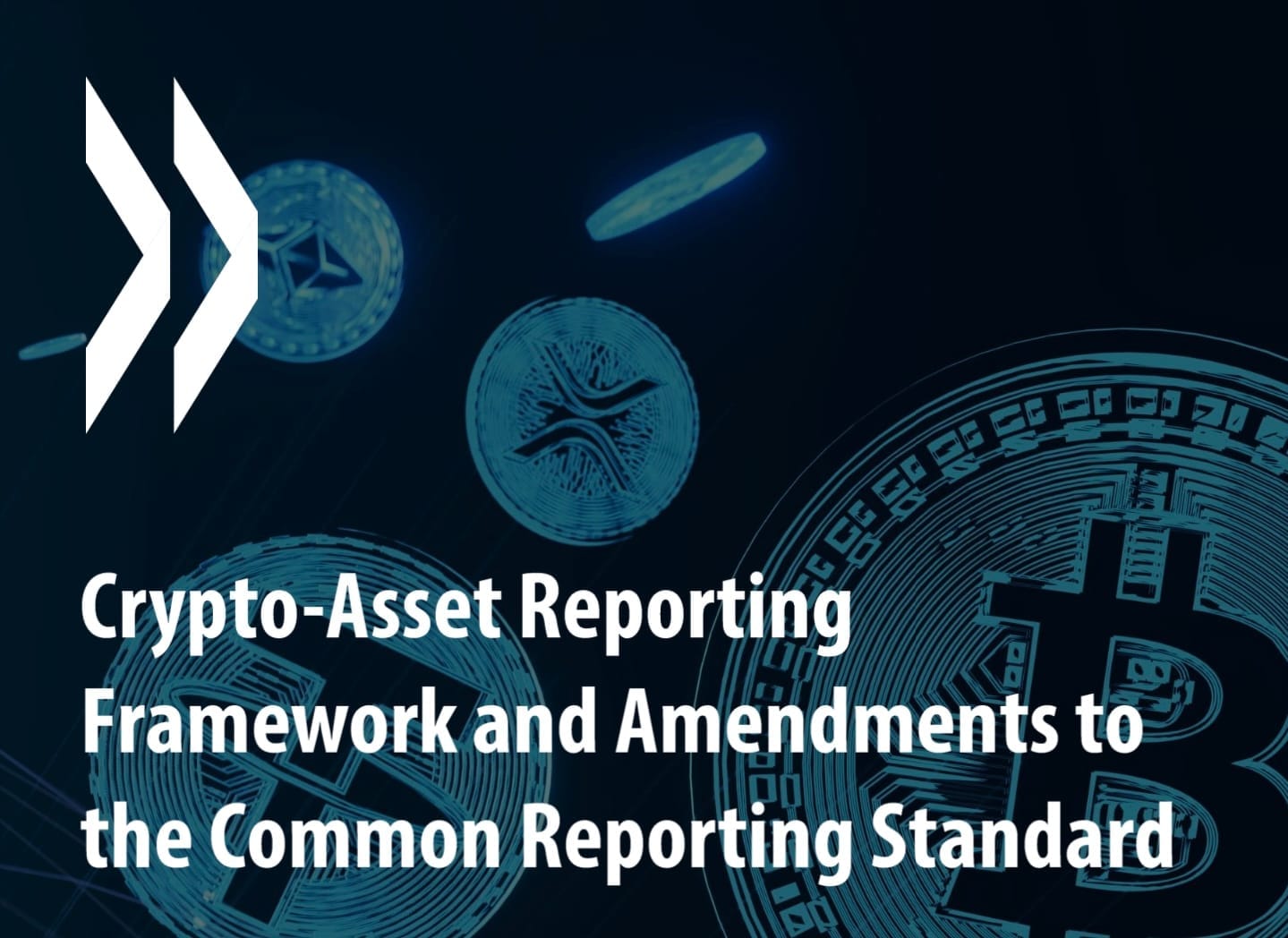Crypto-Asset Reporting Framework (CARF)

In October 2022, the OECD introduced the Crypto-Asset Reporting Framework (CARF) with the aim of bringing crypto-assets under the same level of global information exchange as traditional financial assets. By June 2023, the OECD had finalized the CARF rules and operational documents and established a dedicated CARF working group to facilitate its implementation.
On November 10, 2023, OECD Secretary-General Mathias Cormann announced that 48 countries and jurisdictions have committed to implementing CARF by 2027 to enable the reporting and exchange of information on crypto-assets. Cormann stated:
“Today’s announcement marks a major step forward in coordinated international action on crypto-assets. It represents another important milestone in the fight against tax evasion through enhanced transparency and information exchange. We strongly welcome the broad support for swift action to make the international exchange of information under CARF a reality. The international community can rely on the OECD and the Global Forum on Transparency and Exchange of Information for Tax Purposes to ensure that the tax transparency framework remains current and effective.”
CARF will facilitate the automatic exchange of tax-related information on crypto-assets. Unlike traditional financial products, crypto-assets can be transferred and held without the involvement of banks or other traditional financial intermediaries, nor are they subject to central bank oversight. This has allowed crypto-assets to bypass the Common Reporting Standard (CRS) framework. With 48 countries and jurisdictions committing to CARF by 2027, it is likely that others will follow suit. The initial 48 jurisdictions include:
- Armenia, Australia, Austria, Barbados, Belgium, Belize, Brazil, Bulgaria, Canada, Chile, Croatia, Cyprus, Czech Republic, Denmark, Estonia, Finland, France, Germany, Greece, Hungary, Iceland, Ireland, Italy, Japan, Korea, Liechtenstein, Lithuania, Luxembourg, Malta, Mexico, Netherlands, Norway, Portugal, Romania, Singapore, Slovakia, Slovenia, South Africa, Spain, Sweden, Switzerland, the United States, the United Kingdom and its territories of Guernsey, Jersey, the Isle of Man, the Cayman Islands, and Gibraltar.
On November 10, 2023, these 48 jurisdictions issued a joint statement supporting CARF implementation by 2027, which reads as follows:
“To keep pace with the rapid evolution and growth of the crypto-asset market and ensure that recent gains in global tax transparency are not eroded, we welcome the OECD’s development of a new international standard for the automatic exchange of information between tax authorities—the Crypto-Asset Reporting Framework (CARF). The widespread, consistent, and timely implementation of CARF will further enhance our ability to ensure tax compliance and combat tax evasion, thereby reducing public revenue loss and easing the burden on taxpayers.
As jurisdictions with active crypto-asset markets, we intend to work swiftly to incorporate CARF into our domestic laws and activate exchange agreements in time to begin exchanges in 2027, subject to applicable national legislative procedures. To ensure consistency and smooth implementation for both businesses and governments, we, as signatories to the CRS framework, will also implement the amendments to the CRS agreed by the OECD earlier this year, following the same timeline and subject to applicable national legislative procedures.
We invite other jurisdictions to join us in strengthening the global system for the automatic exchange of information, leaving no room for tax evasion.”
Although China and Hong Kong were not included among the initial 48 jurisdictions, this does not mean they will not adopt CARF. Shortly after the announcement, the 16th Global Forum on Transparency and Exchange of Information for Tax Purposes (referred to as the "Global Forum") was held in Lisbon, Portugal, from November 29 to December 1, 2023. The forum was attended by 420 participants from 115 countries, jurisdictions, and international organizations, including China and Hong Kong. The theme of the forum was: “Working Together: Building on Our Achievements to Advance Tax Transparency and Exchange of Information.”
The Global Forum, which originally developed CRS, is a key player in shaping tax transparency standards. During this meeting, the 48 jurisdictions naturally brought CARF to the table, seeking wider support. Key outcomes regarding CARF included:
- Establishing a working group to advance CARF implementation.
- Recommending that the group submit final implementation timelines at the Global Forum’s 2024 plenary meeting.
- Welcoming the joint statement by the 48 jurisdictions committing to CARF by 2027.
- Adding six new jurisdictions to the list of CARF supporters, bringing the total to 54.
As a result, CARF has achieved broad consensus within the Global Forum and is expected to have its implementation timeline finalized next year. Even if the ultimate timeline extends beyond 2027, the delay will likely be minimal. Given China’s participation in the Global Forum, it is highly unlikely that China will be excluded from CARF implementation in the future.
Individuals holding crypto-assets should not harbor any illusions—an era of transparency for crypto-assets is on the horizon. Given CARF’s significance, this article will dissect its specific rules.

